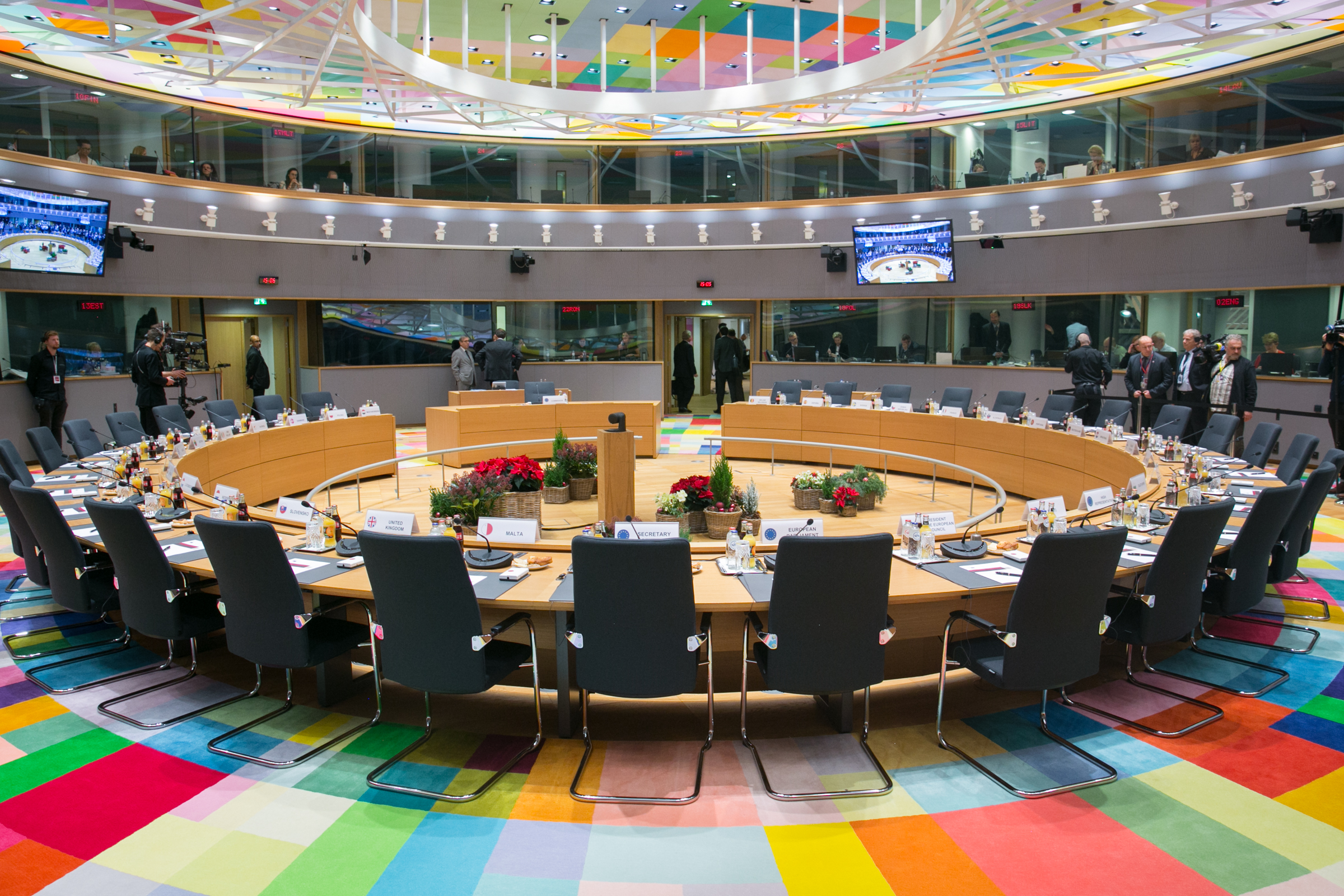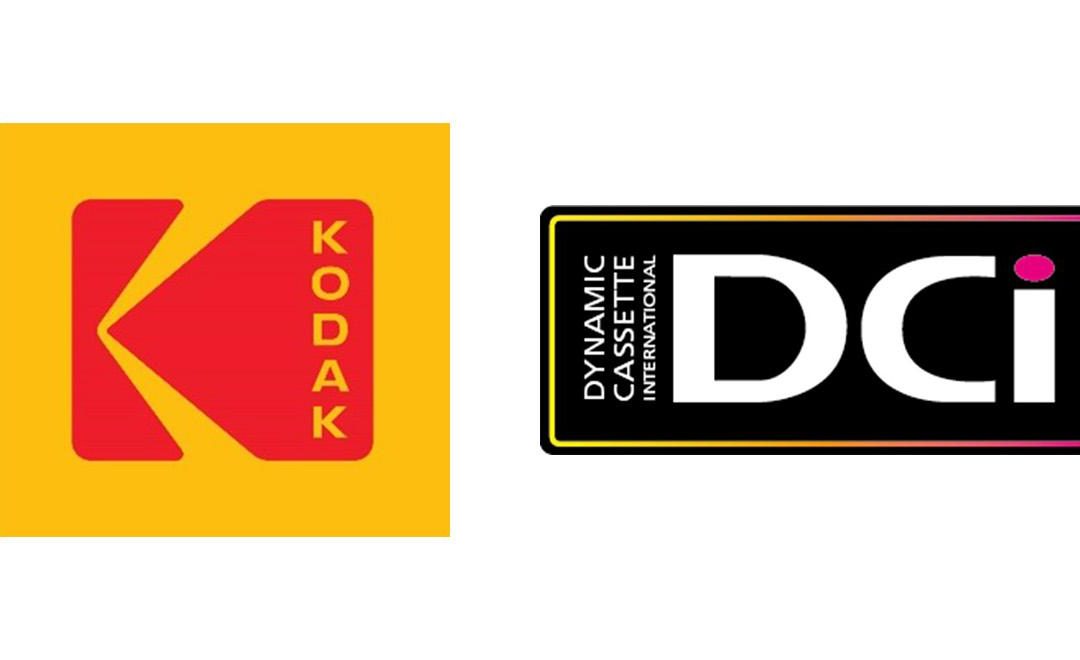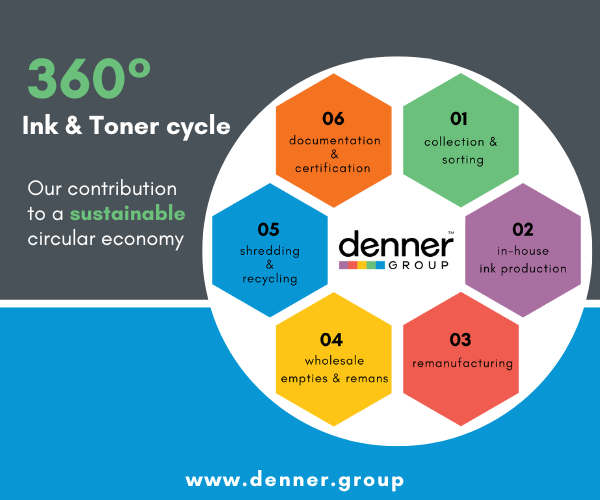 Ambassadors from the European Union’s Member States have approved a deal on a draft directive, amending four existing directives concerning the protection of consumers’ interests.
Ambassadors from the European Union’s Member States have approved a deal on a draft directive, amending four existing directives concerning the protection of consumers’ interests.
The directive covers a wide range of topics, and amends the Unfair Commercial Practices Directive 2005/29/EC, the Consumer Rights Directive 2011/83/EU, the Unfair Contract Terms Directive 93/13/EEC and the Price Indication Directive 98/6/EC. Together with a proposal on representative actions for the protection of the collective interests of consumers, it is part of the ‘New Deal for Consumers’ launched by the Commission in 2017.
The agreed text provides for enhanced harmonisation and streamlining of some of the criteria to be used to determine the level of penalties for infringements of EU consumer law; a right to individual remedies for consumers when they are harmed by unfair commercial practices (such as aggressive marketing), provided that these remedies are proportionate, effective and do not affect the application of other remedies available to consumers under EU or national law; and enhanced transparency in online transactions, in particular regarding the use of online reviews, personalised pricing based on algorithms or higher ranking of products due to ‘paid placements’.
In addition, the new directive also provides for the obligation of online marketplaces to inform consumers on whether the responsible trader in a transaction is the seller and/or the online marketplace itself; the protection of consumers in respect of ‘free’ digital services, namely digital services for which consumers do not pay money but provide personal data, such as cloud storage, social media and email accounts; clear information for consumers in case of price reduction; and the removal of disproportionate burdens, such as the obligation to use outdated means of communication, imposed on businesses by existing legislation.
Finally, it also provides clarifications regarding member states’ freedom to adopt rules to protect the legitimate interests of consumers with regard to some particularly aggressive or misleading marketing or selling practices in the context of off-premises sales, and clarifications regarding the way misleading marketing of ‘dual quality’ products should be dealt with by member states.
Following the standard legal/linguistic scrutiny, the text will be adopted by the European Parliament and the Council. Member states will have 24 months from the entry into force of the directive to transpose it into national law.









